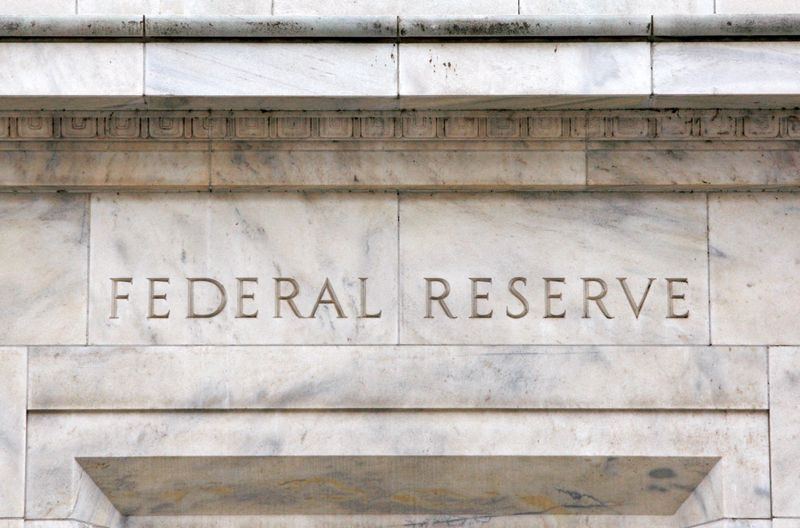(Reuters) – The Federal Reserve said on Wednesday it will rely primarily on letting bond holdings run off the balance sheet as they mature as it grapples with persistent inflation, rather than selling bonds outright, which analysts say reduces the chances of near-term asset sales.
“The Committee intends to reduce the Federal Reserve’s securities holdings over time in a predictable manner primarily by adjusting the amounts reinvested of principal payments received from securities held in the System Open Market Account (SOMA),” the Fed said in principles released at the end of the central bank’s two-day policy-setting meeting.
Fed officials also said they expect they will begin reducing the central bank’s balance sheet after they start raising interest rates.
The comments may reduce some market concerns that asset sales by the U.S. central bank could saturate the market and send bond yields sharply higher, at least in the short term.
It “makes asset sales very unlikely in the first year,” Jefferies economists Aneta Markowska and Thomas Simons said in a note on Wednesday.
The Fed also said it intends to hold mainly Treasury securities in the longer run, reducing its footprint on other types of credit.
That could mean that the Fed lets its holdings of mortgage-backed securities (MBS) run off at a faster pace than Treasuries.
The Fed’s nearly $9 trillion portfolio had doubled in size during the pandemic as the central bank snapped up Treasury bonds and MBS to support markets and the economy. Policymakers are now crafting a plan for reducing those holdings, but Fed officials will need to tread carefully as they shrink their holdings.
“The Committee is prepared to adjust any of the details of its approach to reducing the size of the balance sheet in light of economic and financial developments,” the Fed said in a statement.
(Reporting by Jonnelle Marte in New York; Additional reporting by Karen Brettell in New York; Editing by Chizu Nomiyama and Matthew Lewis)























